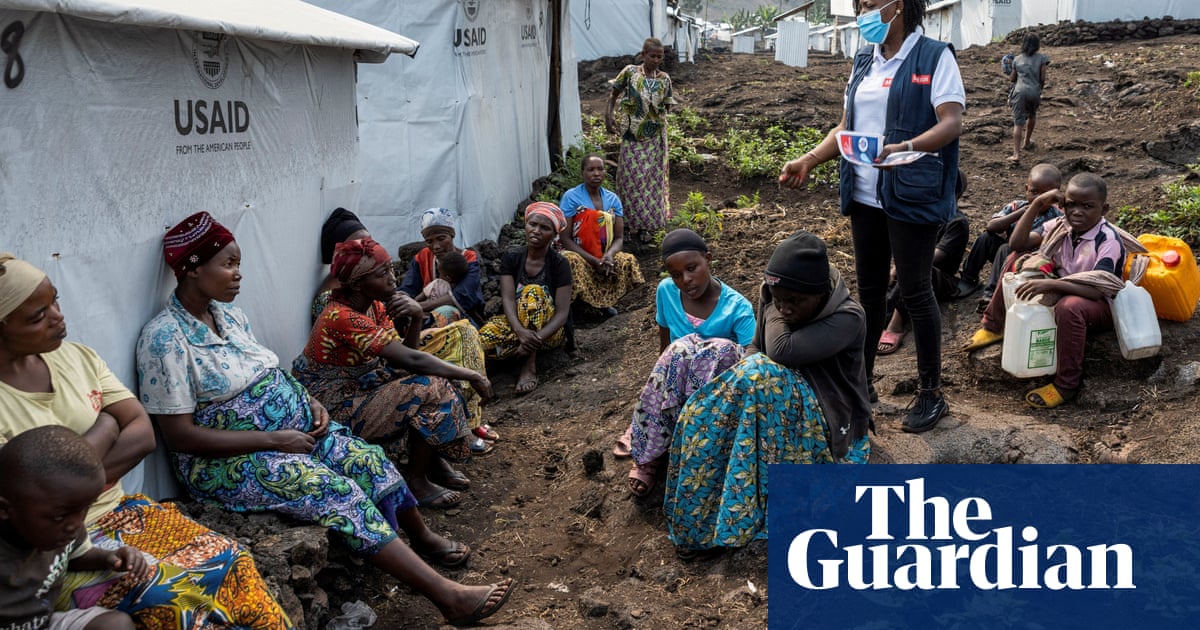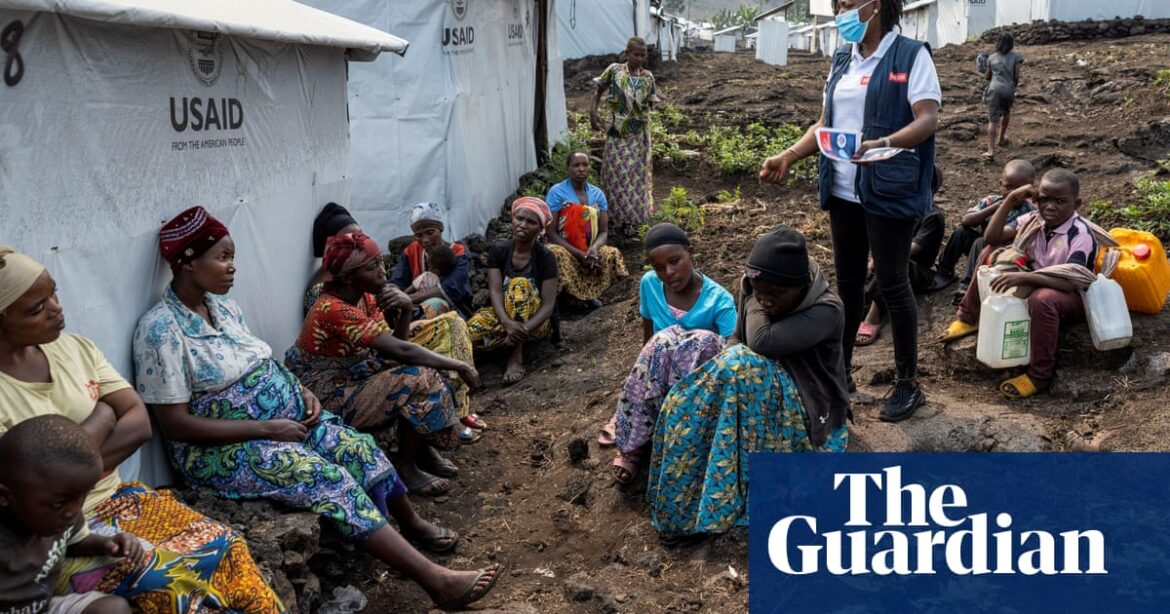
African health officials have appealed to the international community not to impose travel bans on countries dealing with an outbreak of mpox, but instead to support the continent in rolling out testing and vaccinations.
There have been about 1,400 new cases and 24 deaths linked to a new variant of mpox over the past week, according to the Africa Centres for Disease Control and Prevention.
“Don’t punish Africa,” said Africa CDC’s head Jean Kaseya at a media briefing on Tuesday. “We hear from here and there that you want to apply travel bans … we need solidarity, we need you to provide appropriate support, this vaccine is expensive.
“I clearly request our partners to stop thinking about travel bans against Africa, that will bring us back to the unfair treatment from the Covid period and not help the world to move forward.”
On Tuesday Argentine authorities quarantined a cargo ship in the Paraná River near the inland grains port of Rosario over a suspected case of mpox onboard.
Fernando Morales, president of industry body the Argentine Naval League, said that a Liberian-flagged ship had been ordered to drop anchor in the river while a test on a crew member was carried out.
“A crew member with fever and weakness was taken to a hospital in San Nicolas. There they carried out some tests and they say that in principle it could be mpox,” Morales said, adding that the diagnosis was not yet confirmed.
Kaseya said he hoped vaccines would soon arrive in the Democratic Republic of the Congo (DRC), the source of an outbreak that has spread to at least three other countries.
He said there had been promising collaboration between countries and health organisations, but that he would not be satisfied with progress in tackling the outbreak until community-level testing networks had been established to ensure no cases were missed. Richer nations could help in expanding testing and procuring vaccinations, he added.
He said there had been talks with the vaccine manufacturer Bavarian Nordic to allow local production, which would help to lower the price.
The company has told Africa CDC it could provide 2m doses this year, but only if it begins to work immediately by switching focus to mpox rather than other vaccines.
It said it would begin diverting resources to mpox vaccines even before orders were placed depending on the outcome of talks with the World Health Organization (WHO).
DRC’s health minister, Roger Kamba, said on Monday that 16,700 cases and 570 deaths had been recorded this year.
Africa CDC said there needed to be more education about the spread of the disease, especially to ensure people knew that it was not only spread through sexual contact, as many believe. It can spread through close contact with an infected person.
Gay and bisexual men made up the majority of cases in the global outbreak in 2022, but children have accounted for 70% of cases DRC during latest one.
The Congolese virologist Prof Jean-Jacques Muyembe said the lessons learned from Covid-19 in terms of distancing and hygiene should be remembered, as well as ensuring people practise safe sex, as was encouraged to avoid HIV.
“We must put all this in place again and not lose from our memory what we’ve learned from past diseases, to apply it to save lives,” he said.
WHO’s regional director for Europe, Hans Kluge, said mpox should not be compared to Covid-19, because more is known about how to contain it through surveillance, investigating cases and changing the behaviour of the communities most affected.
Most cases are in DRC, but the clade 1b variant has also been detected in Kenya, Rwanda and Uganda.
Source: theguardian.com



